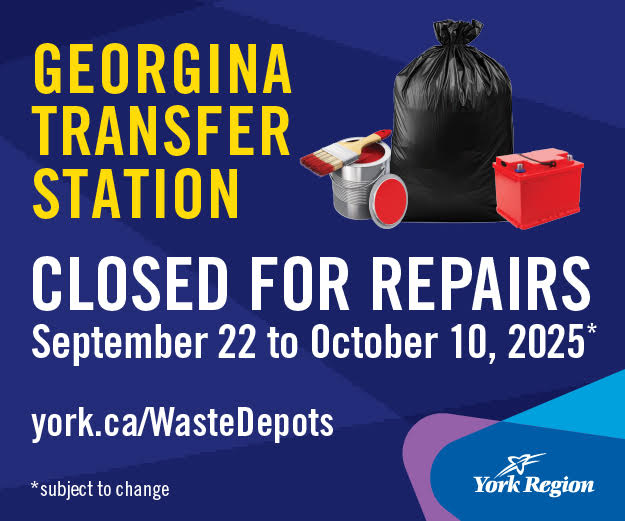
TORONTO — Preparations for an accelerated COVID-19 booster shot rollout were underway Wednesday in Ontario as the province braced for a growing wave of infections from the highly transmissible Omicron variant.
Public Health Ontario has estimated that 80 per cent of new COVID-19 infections as of this week would be Omicron. Dr. Kieran Moore, the province’s top doctor, said this week that Omicron is infecting between four and eight times more people than the Delta variant.
Hours ahead of an expected announcement from Premier Doug Ford on the province’s booster policy, Ottawa Mayor Jim Watson said the city’s Emergency Operations Centre was escalating its efforts to focus on booster vaccinations amid community spread of the variant.
“We are working hand in hand to rapidly increase the capacity for first, second and third doses for all eligible residents in Ottawa,” Watson wrote on Twitter.
Public health staff in the city had been asked to “pause” routine work to help with immunizations in light of the infectious variant threat, according to Watson’s post. Several other public health units are doing the same.
The president of a professional group representing family doctors in the province also called on members to defer non-urgent procedures so they can join the immunization effort.
In an open letter, Ontario College of Family Physicians president Liz Muggah advised that members connect with local public health units to see how they can help with vaccination clinics. She also recommended that they reach out to booster-eligible patients or vaccinate people in their offices where possible.
“Family doctors are being asked to be a part of a concerted health system effort,” she wrote in her Tuesday letter, adding that the province’s chief medical officer has made similar asks to public health units, pharmacies and hospitals.
Muggah said booster shots for people aged 50 and older are the priority for the next two weeks, based on current evidence around vaccine booster effectiveness against Omicron, and such an effort will require more than 200,000 vaccines administered each day in the province.
Meanwhile, a group representing Ontario’s local public health units and health boards wrote to Health Minister Christine Elliott asking for provincial strategies to combat Omicron, including public health restrictions where needed, and “clear public messaging about the gravity of the situation.”
The Tuesday letter from the Association of Local Public Health Agencies said provincewide restrictions will be needed to deal with Omicron, suggesting capacity limits on workplaces and gatherings and requiring proof of vaccination in more settings.
Based on current evidence, the group said the Omicron wave will be “substantial,” will impact all areas of the province and even with “maximum effort,” benefits won’t likely be seen until “well into the new year.”
It also called for leadership on communicating the situation to the public, noting that after a dip in cases this autumn, people’s adherence to simple public health measures is slipping, with “very little understanding of the threat that is suddenly before us.”
“Even before the emergence of the Omicron variant, many parts of Ontario’s health system, including public health units and hospitals, were reaching the limits of their COVID-19 response capacity,” the letter said. “We must do everything we can now to prevent this new wave from overwhelming it. The ongoing leadership role of the province will be indispensable.”
Ontario reported 1,808 new COVID-19 cases and nine deaths from the virus on Wednesday.
This report by The Canadian Press was first published Dec. 15, 2021.
Holly McKenzie-Sutter, The Canadian Press
- September 24, 2025 Issue - September 26, 2025
- September 10, 2025 Issue - September 10, 2025
- August 24, 2025 Issue - August 28, 2025










































